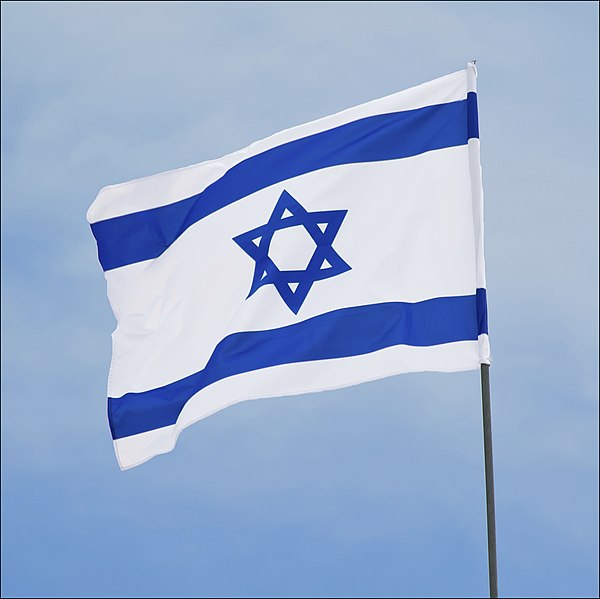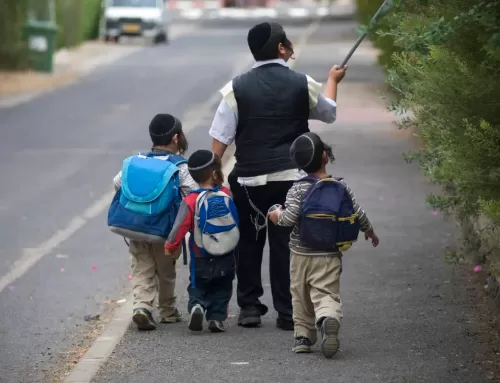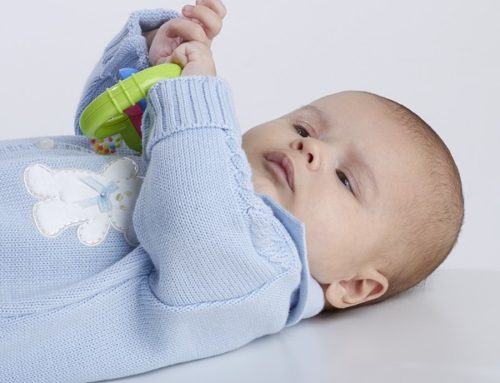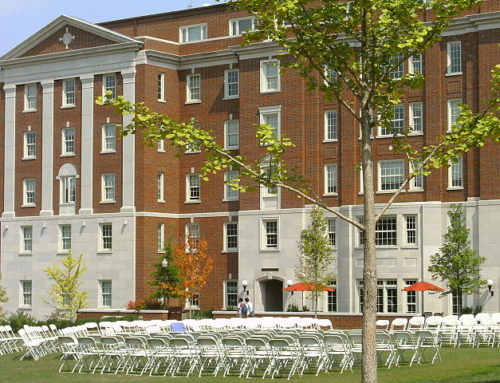An August 13 New York Times article, “Growing Segregation by Sex in Israel,” highlighted the culture war that has sharply divided Israel’s secular majority and the politically powerful minority of ultra-Orthodox Jews, who frown on the mixing of women and men in public.
In a global gender gap report issued by the World Economic Forum in June that ranks 146 countries, Israel dropped to the 83rd place, from 60th place last year. The report ranked Israel first in terms of women’s education, the country’s ranking for women’s political empowerment slipped to 96th, just below Pakistan, from 61st last year.
Prime Minister Benjamin Netanyahu made several concessions that underpinned the formation of his ruling coalition:
- Segregate audiences by sex at some public events.
- Create new religious residential communities.
- Allow business to refuse to provide services based on religious beliefs.
- Expand the powers of all-male rabbinical courts.
Although it did not pass, the ultra-orthodox Shas party proposed jailing women for six months if they visited the holy site of the Western Wall in Jerusalem in “inappropriate” or immodest clothing.
Advocates for women are concerned about the government’s efforts to weaken the Supreme Court, which has supported equal rights for women in several arenas, making it easier to sue over unequal pay, overturning the army’s ban on female fighter pilots — and ruling that mandatory sex segregation on public trains and buses is illegal.
Still, the court has allowed sex segregation in small public colleges that enroll ultra-Orthodox students. Female students are shunted into jobs typically seen as the domain of women, and sex segregation has spread to workplaces and public venues.
Professor Yofi Tirosh, vice dean of the Tela Aviv University Faculty of Law, said, “when women and men are seated separately at publicly funded shows to accommodate the wishes of the ultra-Orthodox, the women are seated in the back.”




